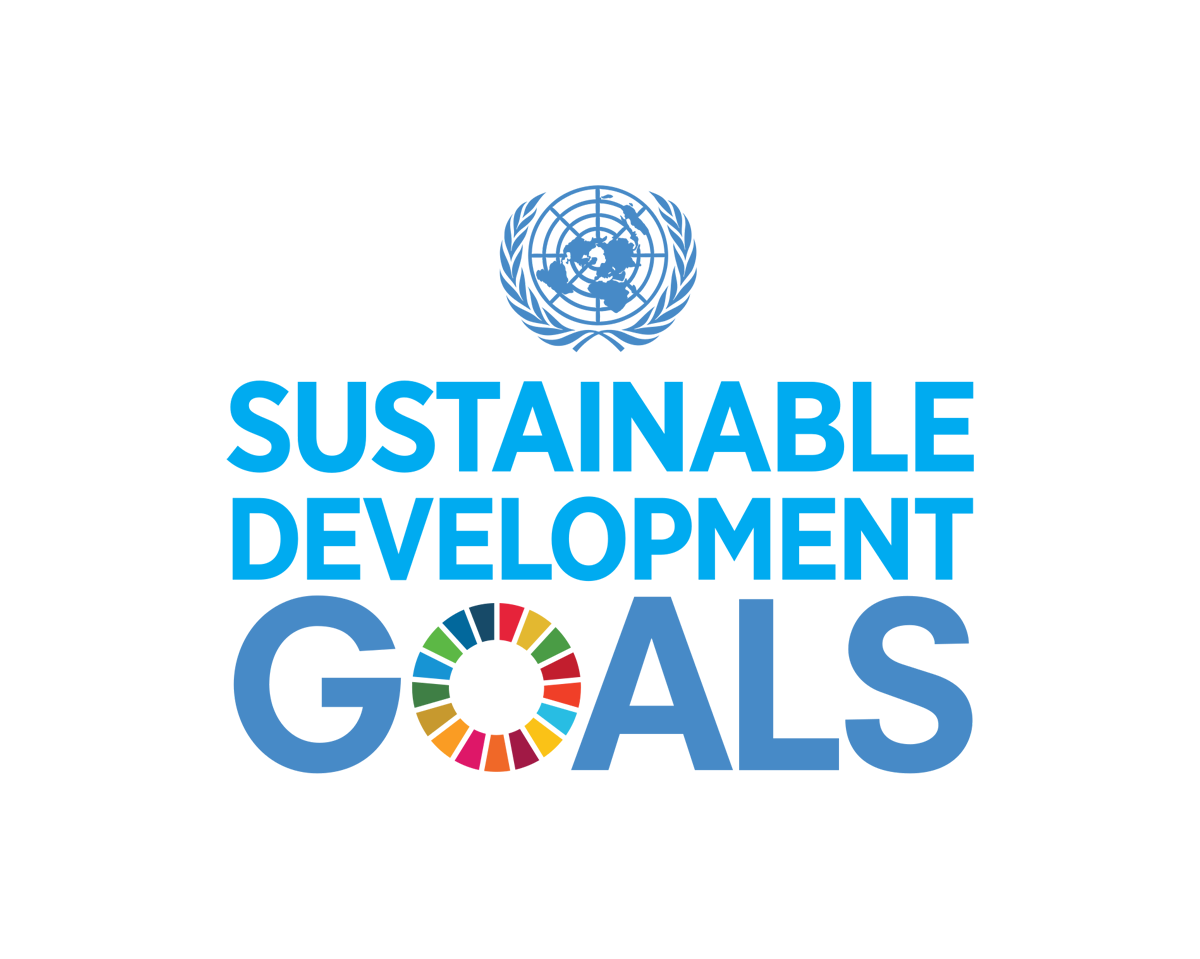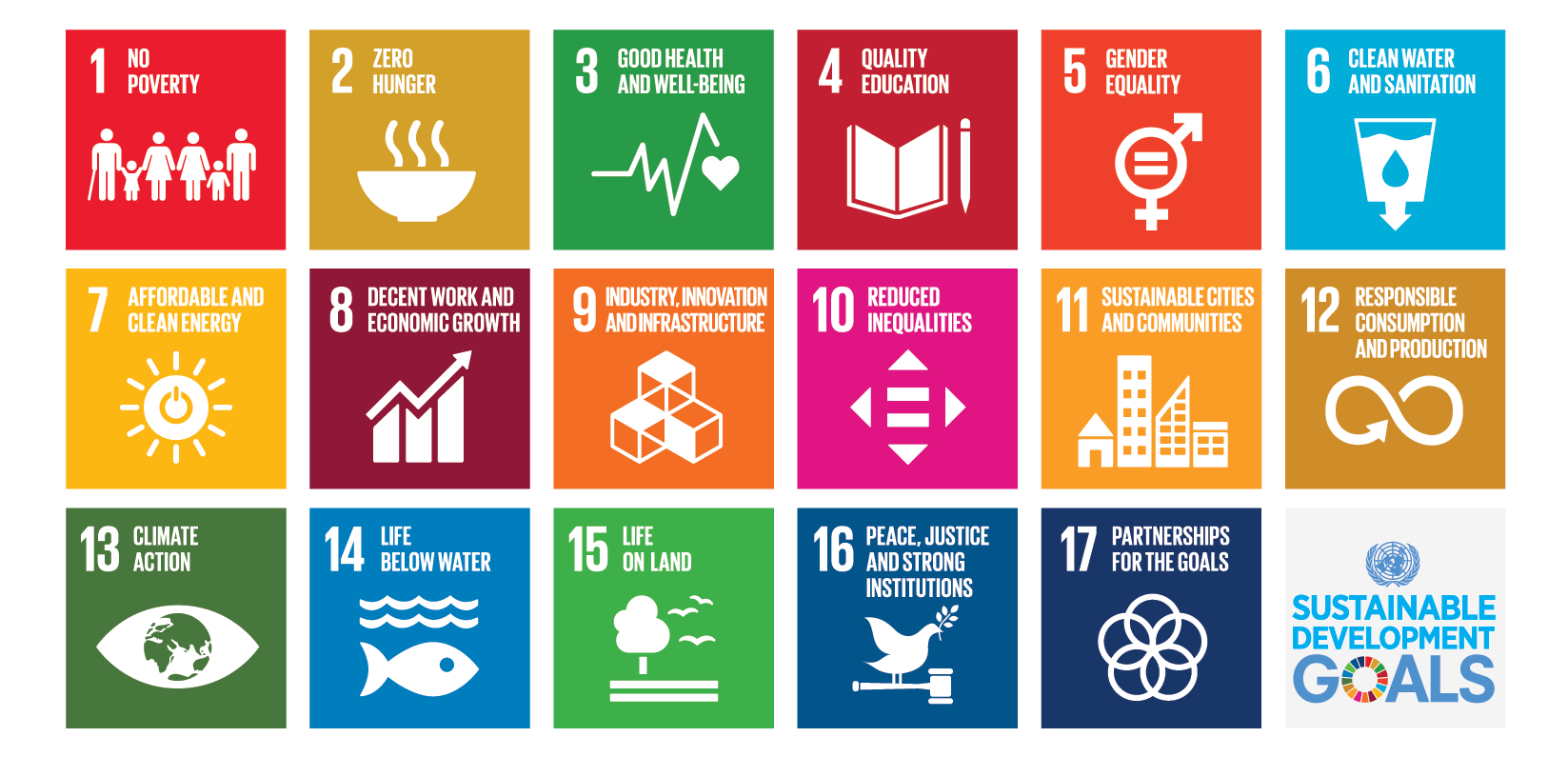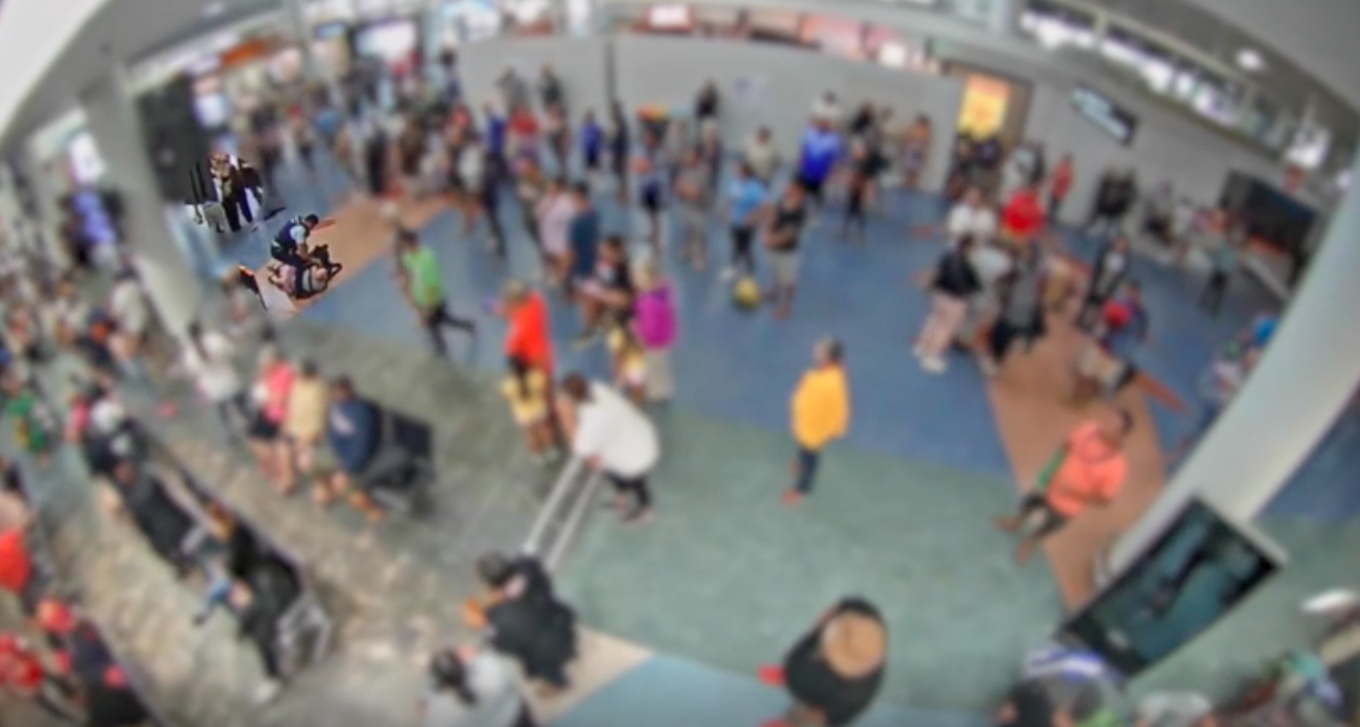
Communism on Campus and the Swamp Between our Nation’s Ears
Thomas S.
Every year, over 43,000 students graduate from New Zealand universities. Yet despite being in lockstep with the liberal agenda, our tertiary education sector seems to have thus far evaded the scrutiny it deserves.
Indeed, our tertiary institutions have now become the frontlines in the ideological struggle for the hearts and minds of the leaders of tomorrow – and we are well behind.
According to Dr. Samantha Gardyne, a Senior Lecturer who has appeared as a spokeswoman for Massey University’s Master of Sustainable Development Goals programme:
“Universities are places where we can set people up for that change, where we can hopefully have a chance to speak into the minds of the next generation”.
Launched in 2019, the postgraduate programme offered by Massey University consists of two core papers on sustainable development, followed by research into a particular area of the SDGs.
The Sustainable Development Goals are seventeen in number and are the individual components of UN Agenda 2030, which was signed into effect by world leaders in 2015.
As defined by Massey University: ‘The SDGs are the UN’s ambitious macro-level plan for humankind’s development and sustainability.’

Although the Sustainable Development Goals are presented in kind and compassionate language, the 2030 Agenda has little to do with genuine humanitarianism. Rather, it is this very same ‘ambitious macro-level plan’ of the United Nations which has formed the fabric of Comrade Ardern’s democratic socialist regime.
Speaking to world leaders at the 2019 Bill & Melinda Gates Foundation’s Goalkeepers event in New York, Ardern boasted that:
“When it comes to a set of rules for a country to live by, you would struggle to do better than the SDGs.” and that “We have incorporated the principles of the 2030 Agenda into our domestic policy making in a way that we hope will drive system-level actions.”
Or, as US Socialist Party’s Norman Thomas once declared:
“The American people will never knowingly adopt socialism. But under the name of Liberalism, they will adopt every fragment of the socialist program until one day America will be a socialist nation without knowing how it happened.”
Previous attempts to halt the implementation of Agenda 21, the forerunner of the 2030 Agenda, which was launched at the Rio Earth Summit in 1992, have often come unstuck against a web of collusion of public-private partnerships involving local and central governments, businesses, NGOs and other stakeholders.
Several decades since the Agenda for the 21st Century was launched, Agenda 2030 now seeks to build back even better on the ambitions for global governance on the pretext of philanthropy and environmentalism.
And Massey University is not the only tertiary institution participating in the implementation of the 2030 Agenda.
Indeed, various ‘sustainability’ papers are now embedded within programmes across the tertiary sector, a trend set to increase ever since the centralisation of vocational training institutions under the supervision of Te Pukenga.
The University of Canterbury are now also facilitating an online Smart Cities course in partnership with the Smart Cities Council – one of many globalist outfits implementing the Sustainable Development Goals at a local level worldwide.
Meanwhile in Europe, many universities are pursuing internationalisation targets. In the Netherlands, Erasmus University of Rotterdam’s Advancing Internationalisation Policy Framework for 2021 – 2024 remarks that:
‘In Europe, recent global political developments show trends for polarisation and calls for nationalism, making it even more important for universities to present a solid counter-voice and move forward the internationalisation agenda’.
It is often acknowledged that liberal ideals tend to flourish when young, impressionable minds and armchair academics are melded together. And it may even be an open secret that many faculty members lecturing in the humanities foster romantic sympathies for Marxist theory.
For far too long we have tolerated outright absurdities from the so-called intelligentsia of these wayward institutions. Indeed, the discovery that these institutions are now actively participating in the implementation of global governance initiatives is a step too far and one that cannot be ignored.
For instance, when Associate Professor Ella Henry of Auckland University of Technology appeared as a guest panelist during election candidate debates broadcast by Maori Television in 2020, she compared pre-colonial Maori society to a “very pure form” of communism and went on to describe this fantasy of hers as “a badge of pride” on public television.
Meanwhile, we all tire of the ongoing ramblings of Professor Michael Baker of Otago University about the necessity for socialist state interventions against the plague that never was. The Otago Daily Times also discussed the need for a ‘temporary one world government’ with Professor Robert Patman of Otago University in the early days of the plandemic, who seemed to endorse the idea.
And in the spirit of inclusion, our universities have now expanded their war on the patriarchy to include the cultural heritage of nations of other ethnicities also.
Writing about former Labour MP Dr. Gaurav Sharma beginning his Parliamentary Oath in Te Reo Maori before continuing on in Sanskrit, Professor Mohan Dutta of Massey University compared the use of the the ancient language which is associated with Hinduism to Brahminical “caste-based gatekeeping”.
Professor Dutta also wrote that:
“Sanskritisation has served as a vital resource in the saffronisation (right-wing policies which impose a Hindu nationalist agenda) of the nation.”
Dutta, whose liberal Marxist values seem to have found a nemesis in the idea of traditional social roles, also complained in his article published on the Massey University website that:
“When in solidarity with Michael Field, I tweeted about the Brahminical hegemony of Sanskrit, and its complicity in the politics of caste, I quickly became the target of the Hindutva troll army.”
And rightly so, given that the lunatics of the tertiary asylum have long evaded accountability.
After all, what opportunity do our nation’s emerging thinkers and future leaders have to qualify themselves in their chosen fields, when those who would teach them consider ancient classical languages to be “deeply political and constituted in terrains of power”?
As the conservative counter-culture gains traction worldwide, we should consider that it is the swamp between our nation’s ears that needs draining the most.
-
-
Monday - October 17, 2022 - Culture Wars
(69) - New Zealand
(122) - NZ Government
(84) - NZ Investigation
(28) - Politics
(70)




Leave a Comment